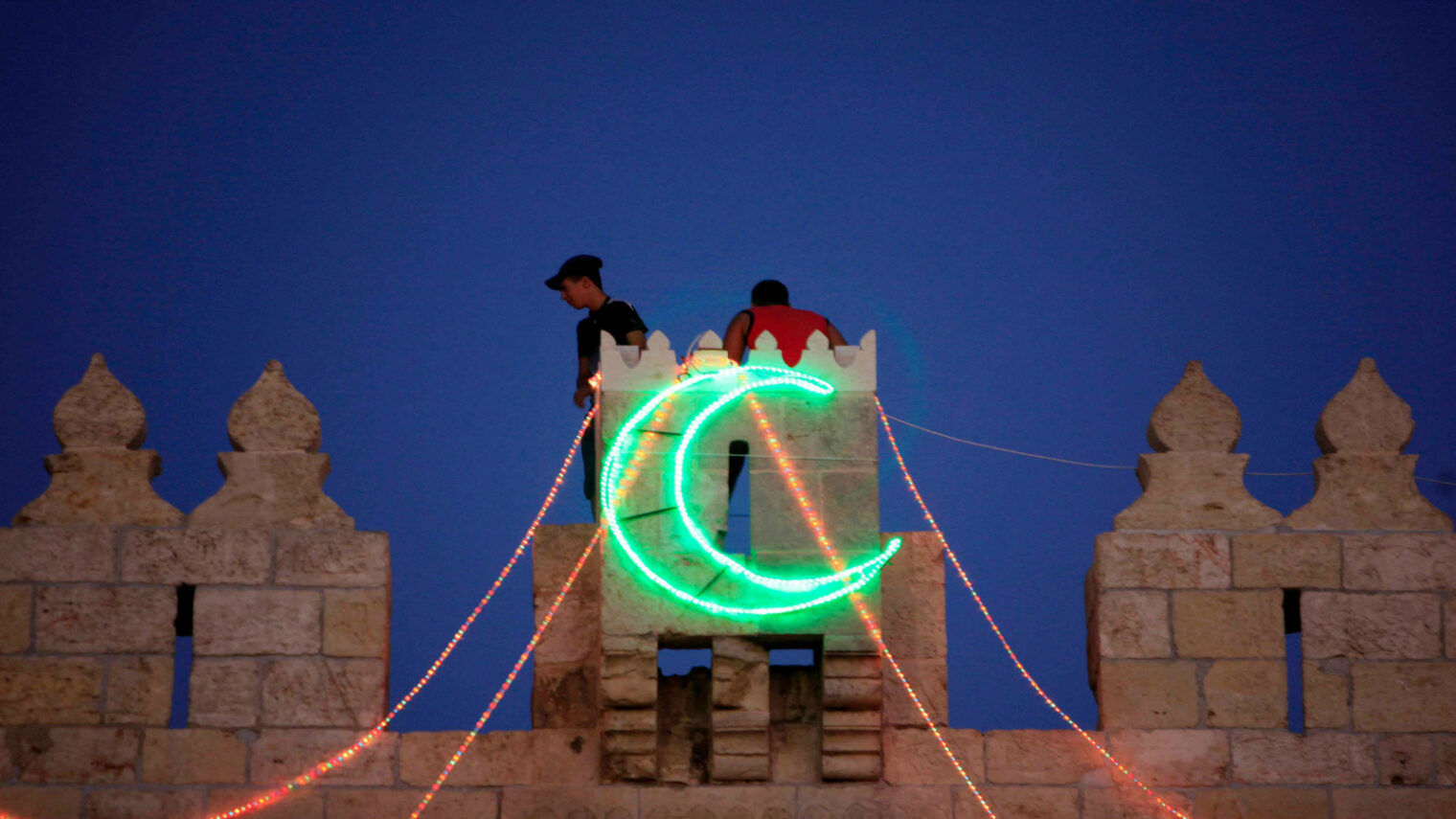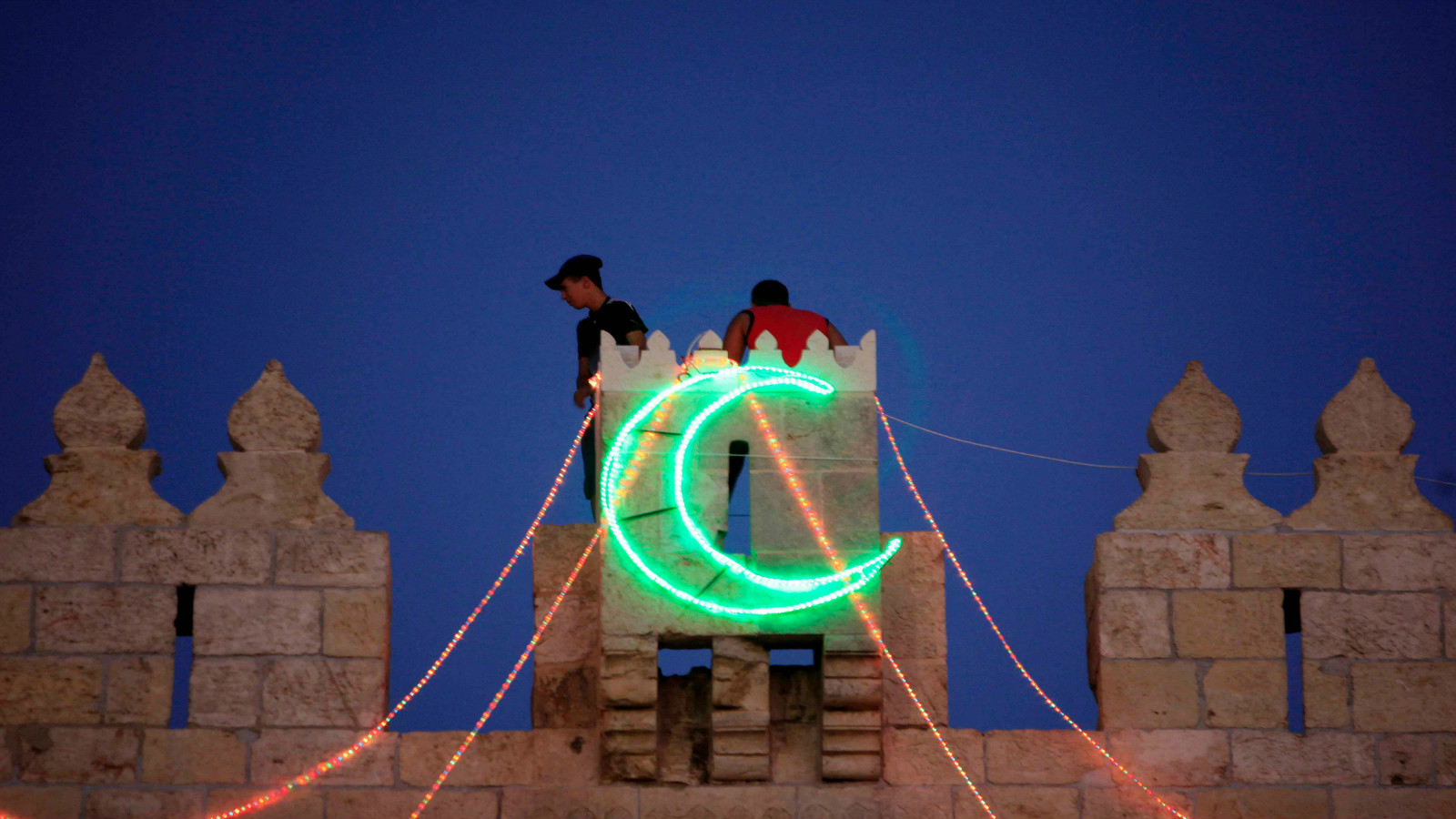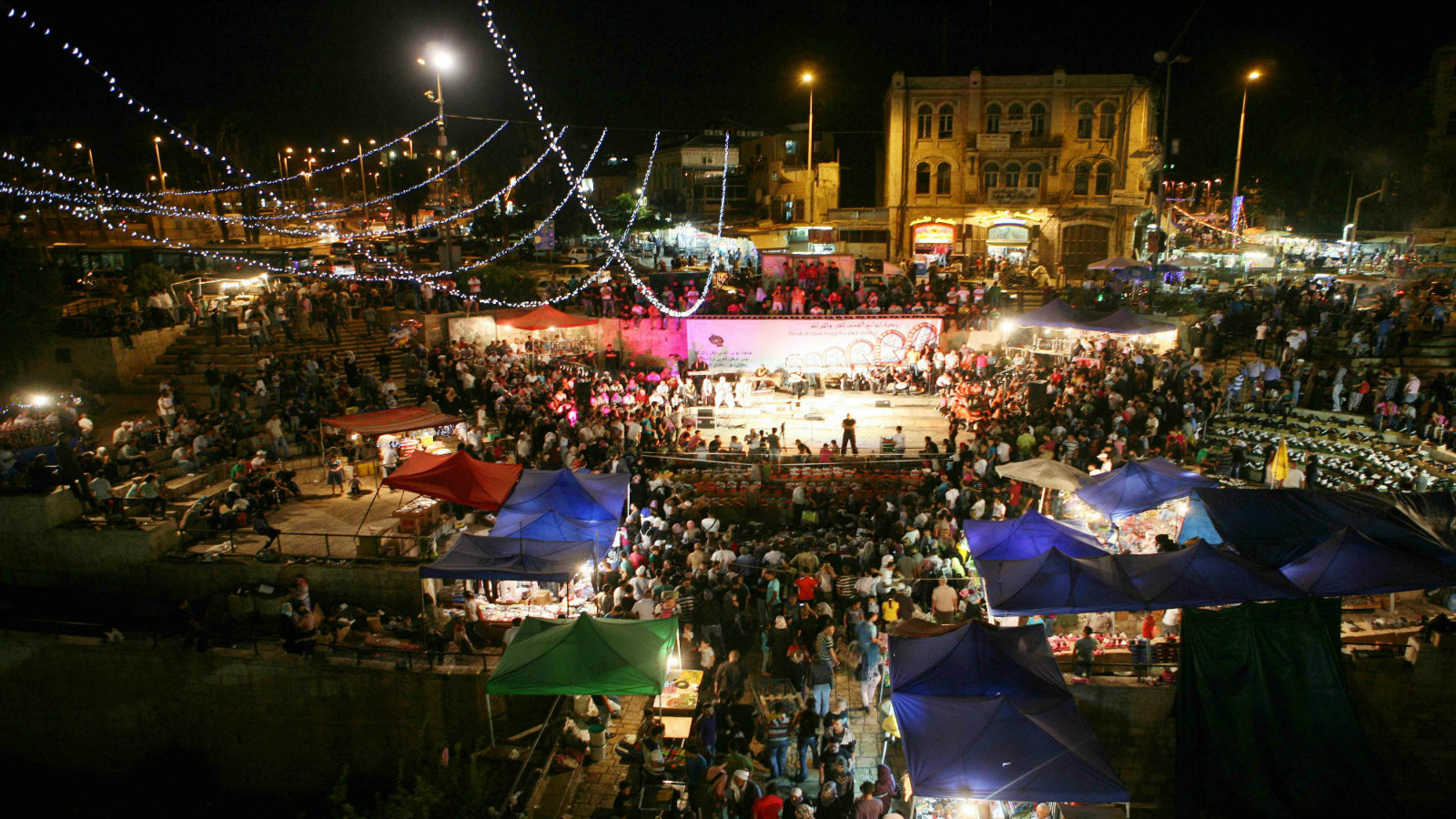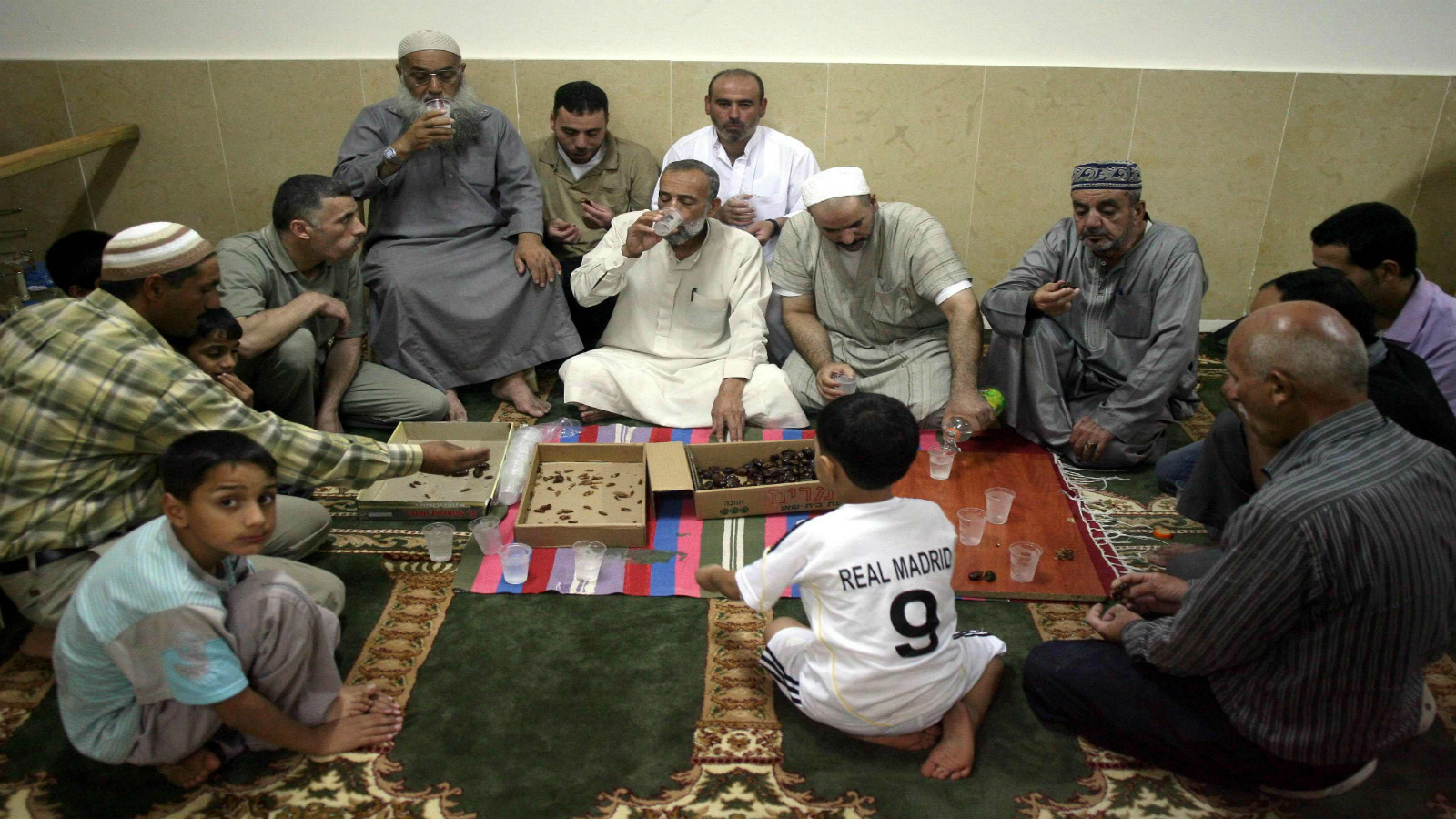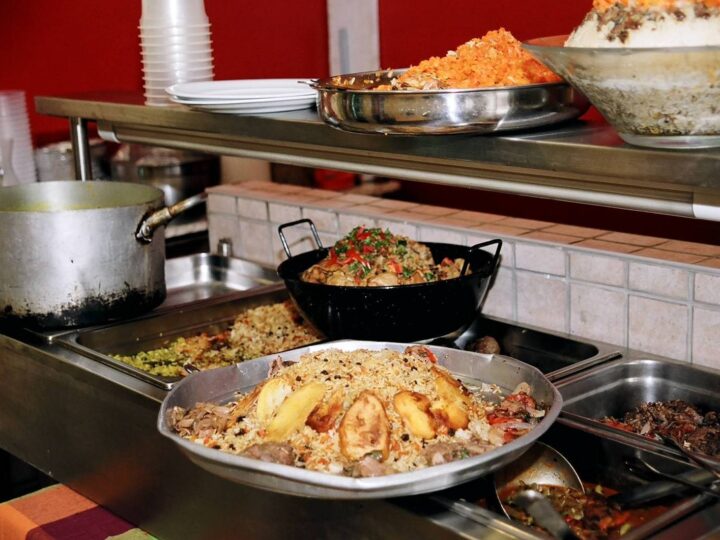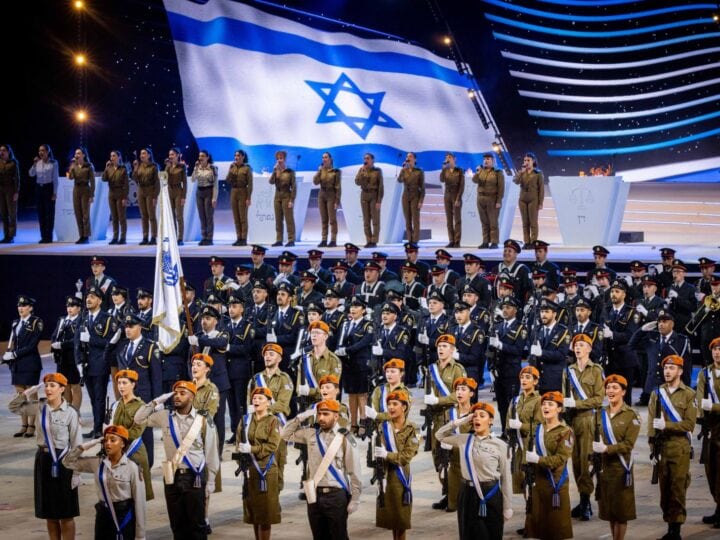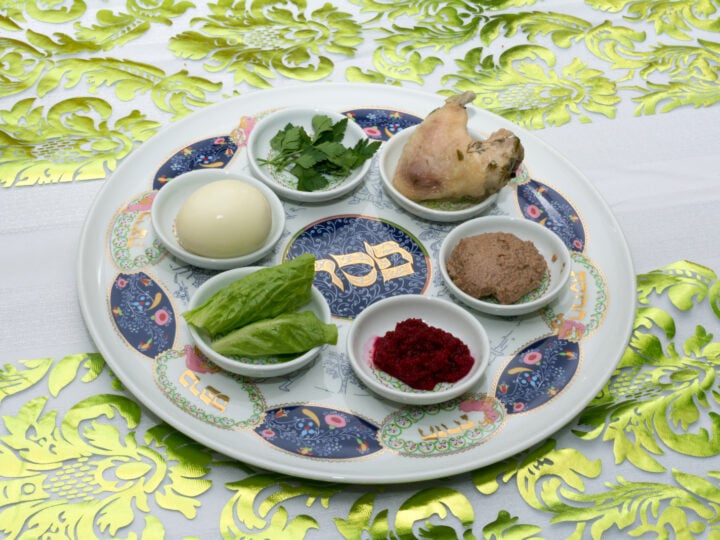Food has always been a uniting factor in Israeli society. From Abu Ghosh hummus restaurants that serve hungry Jews, Muslims and Christians alike, to Jaffa’s famous ethnic street-food vendors, to Daliat Al-Carmel’s Druze eateries with a wide-ranging clientele, to Nazareth’s famous cross-cultural market fare, culinary coexistence in Israel is thriving.
So it makes sense that at holiday season each culture seeks out the other for tasty bites and enriching encounters. And during the Islamic month of Ramadan – when religious Muslims refrain from eating and drinking from dawn to dusk — the Jewish Israeli appetite for Arabic foods and novel happenings is at a high. This year, Ramadan ends July 18.
“Tourism and food are the recipe for easy interaction between two different peoples,” Neta Hanien, co-owner of Juha’s Guesthouse in the Israeli Arab village Jisr az-Zarqa, tells ISRAEL21c.
“When one side is the host and the other is the guest, and we sit together, we learn about one another as people without preconceived or political differences. It’s an opportunity to be together as people.”
Ramadan tours around the country have been offered for the last 10 years or so, but their popularity has exploded in 2015.
“In 2006, I started the concept of Ramadan tours because people don’t know what’s really happening in Jerusalem,” Doron Yosha, founder and CEO of Doron Tours, tells ISRAEL21c.
“Most of the tourism in Jerusalem deals with historical and religious sites, but day-to-day life in Israel isn’t any less interesting. To feel the life in Jerusalem, a holiday atmosphere in real time, is a totally different experience than visiting a museum or holy site.”
Some of the tours involve walking around a village, stopping at the local market to taste and purchase holiday treats, and hearing the muezzin announce the end of the daily Ramadan fast. Other tour operators also offer the opportunity to join a local family for the break-fast meal.
Israeli Arabs from all over the country — Jerusalem, the Galilee, Wadi Ara region, Haifa, Kafr Qasim, Jisr az-Zarqa, Nazareth — open their homes during Ramadan.
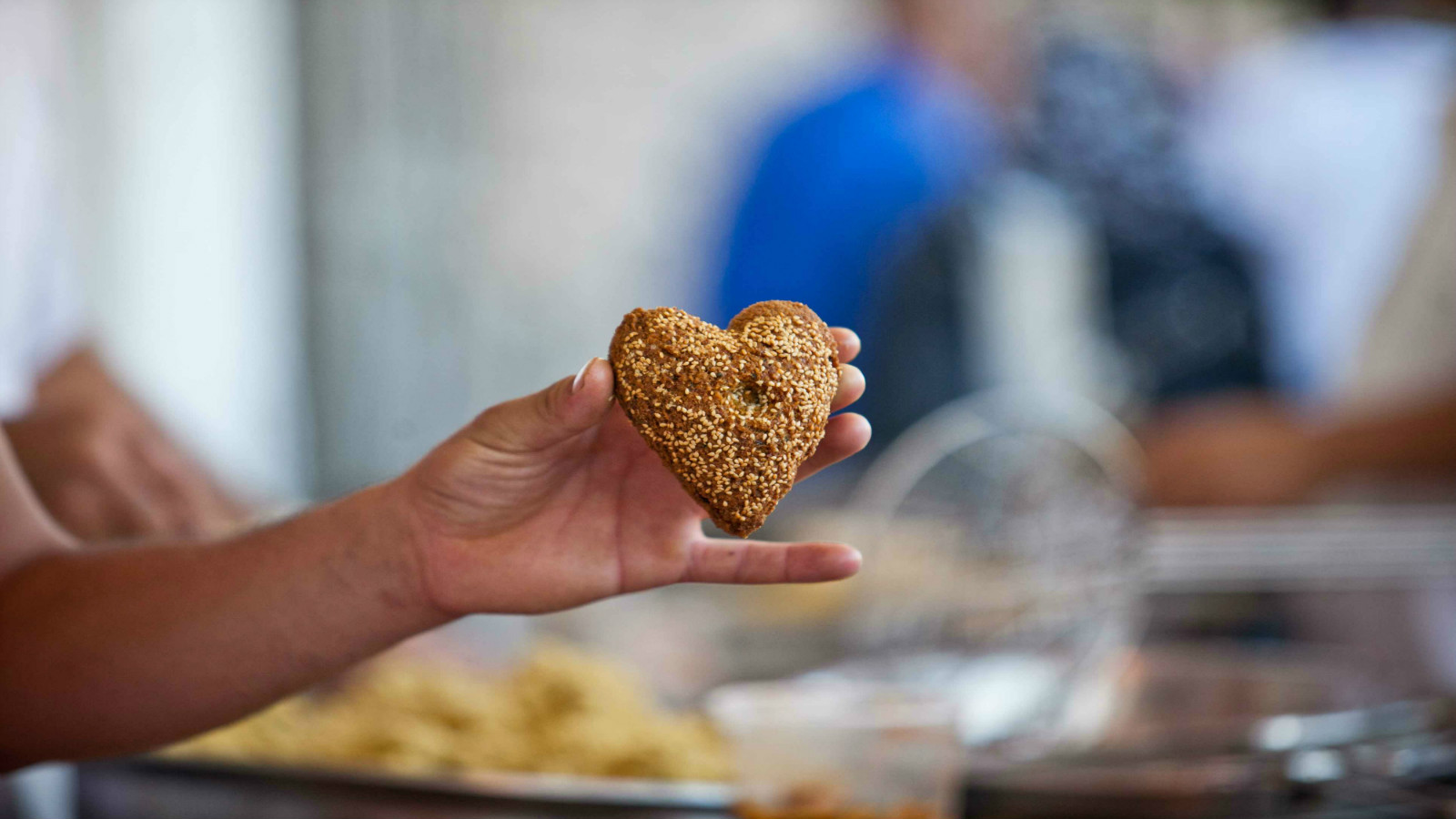
Israeli Jewish groups, as well as tourists of all religions, are booking guided tours in the capital and to local Israeli Arab villages to experience the sights, smells, tastes and sounds of the holiday – without the fasting element.
The highlight of these tours is a meal at someone’s home and having the opportunity to speak with a family they wouldn’t otherwise meet.
Hanien says demand for the Ramadan tours has been so high that Juha’s Guesthouse is already offering “after-Ramadan tours” for those who didn’t make it into the holiday tour groups.
“Our other tours attract a mix of tourists and Israelis, but our Ramadan tours are almost exclusively Israeli Jewish groups interested in encountering Israeli Arab customs,” Hanien says. “Israelis look for the holiday experience.”
In North America, traditional Jewish families rarely – if ever– attend Christmas Mass. But in Israel, the midnight event is a novelty for Jewish Israelis and the numbers of attendees grows from year to year.
Moreover, you’ll find Muslims eating and making sufganiyot (jelly donuts) at Hanukkah time, all faiths sampling traditional goodies at the Christmas markets in Nazareth and Haifa, and Jewish Israelis eating katayef (sweet stuffed pancakes) and barazek (pistachio-sesame cookies) at Ramadan break-fasts.

Ironically, tour operators say last summer’s Hamas attacks on Israel and the ensuing Protective Edge IDF campaign actually brought people closer together.
“After the war last summer, more Israeli Jews and Israeli Arabs want to get to know one another,” Toovia Gefen, of the Mount Valley Shared Regional Tourism Project of Jewish and Arab Citizens in the Wadi Ara/Galilee area, tells ISRAEL21c. “The holidays offer an opportunity to meet the other.”
“There’s a thirst among the Israeli society to meet one another and share in events together,” concurs Hanien.
“Last year, Ramadan took place during Operation Protective Edge and the waves of racist remarks really made many Israelis feel uncomfortable.
This year there’s a feeling of relief that Ramadan is taking place in a relatively quiet time. And people are jumping at the opportunity to meet their neighbors in the Israeli Arab villages.”




